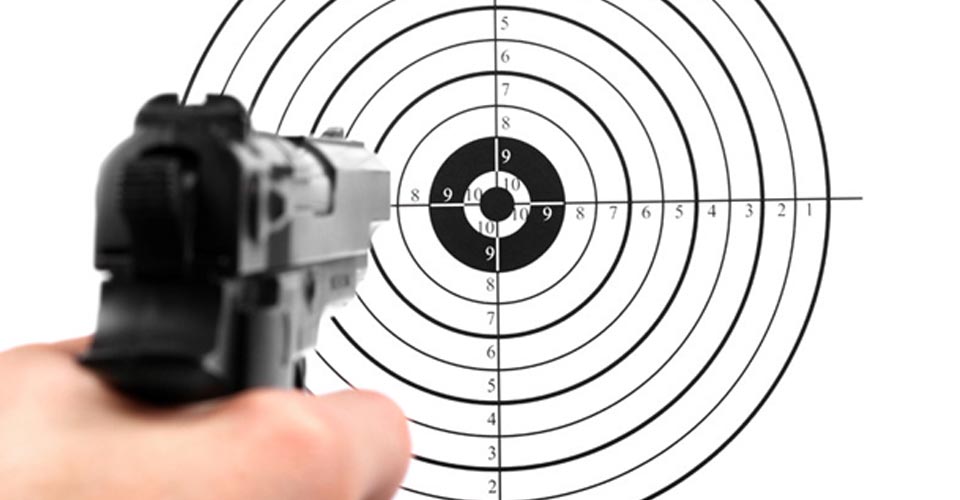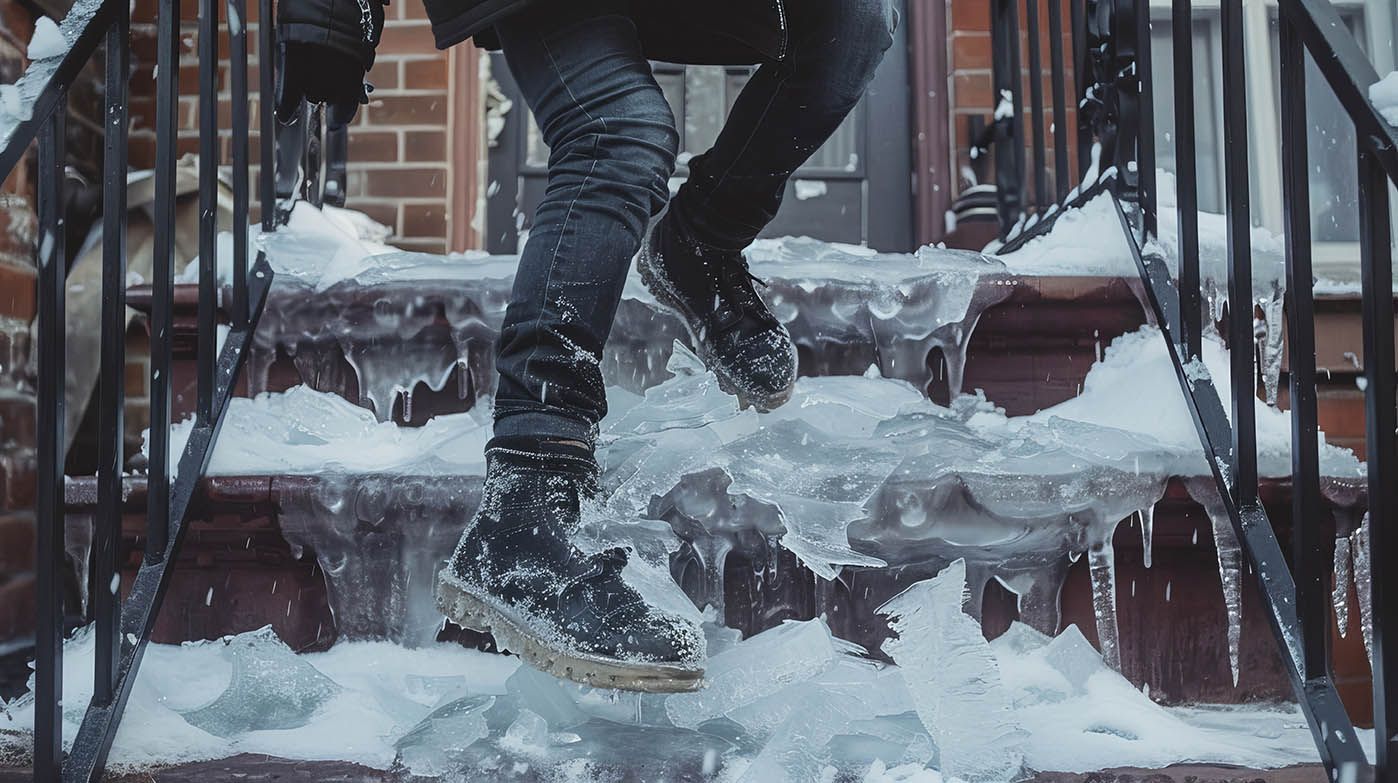BLOG
Understanding How Gun Laws Apply When You’re a Convicted Felon

While the Second Amendment of the United States Constitution protects the right for all U.S. citizens to bear arms, there are exceptions – such as how gun rights apply to people who have been convicted of a felony. A felony conviction automatically strips away many of the rights that most American citizens take for granted and directly affects the legalities of future gun ownership.
At some point, many felons who have acclimated back into being a law abiding, productive member of society become interested in restoring some of the rights that have been lost. Frequently, individuals with previous convictions are most interested in the possibility of restoring their gun rights and want to know how it can be done. To answer this question, it’s important to first understand the gun laws for your state.State Gun Laws
There are two different levels of gun laws that affect convicted felons – those that are applied at the federal level and those issued by individual states. While states generally have jurisdiction in whether or not a felon can own a gun under certain circumstances, the possibility that federal law may override state law does exist.
Many states in the nation have similar laws regarding convicted felons and firearm ownership. For example, Iowa gun laws prohibit anyone that has been convicted of either a felony, misdemeanor domestic violence, has a protective order against them or has had a juvenile adjudication that would have been a felony conviction had they been an adult, from owning or being in possession of firearms or ammunition. Nebraska gun laws have similar felony restrictions.
Knowing this, convicted felons often have questions regarding their revoked rights and what they need to do in order to not inadvertently be convicted of another felony for violating gun restrictions.
Common Questions About Felons and Gun Rights
As a team of criminal defense lawyers, there are few questions regarding felons and gun rights that we answer quite frequently. To better help you understand your rights and limits, we’re going to answer a few of them here.
Can I Own a Gun After a Period of Time Has Passed?
While some states have gun restore legislation that allows convicted felons to regain their right to bear arms, neither Iowa or Nebraska are among these states. The right to own a gun is not currently automatically reinstated after a certain amount of time has passed.
Can I Live in a House Where Firearms are Kept?
This is a rather complicated question. The laws state that a felon cannot own, posses or operate a firearm, however there is no clear wording that states that one can’t be kept in their dwelling – as long as they are not the owner.
However, in certain cases, it can be said that just having the ability to possess or operate a firearm within the home is a violation, and one that can also put the owner of the gun at risk of legal repercussions. It’s always best to discuss this type of situation with a lawyer.
Can I Have My Rights Restored?
In some cases, it is possible to appeal to the Governor’s office and ask that your gun rights be restored. Of course, there are certain criteria that must be met. For example, an application by anyone convicted of a violent felony or where at least 5 or more years haven’t passed won’t even be considered. Again, if you’re interested in the possibility of having your rights restored, connecting with legal representation is your best option.
Schedule a Free Consultation
If you’ve been convicted of a felony and want to know more about the laws governing gun ownership and how to restore your rights, we’re here to help. Contact Fitch & Stahle Law Office today for a free consultation with an experienced criminal defense attorney.


